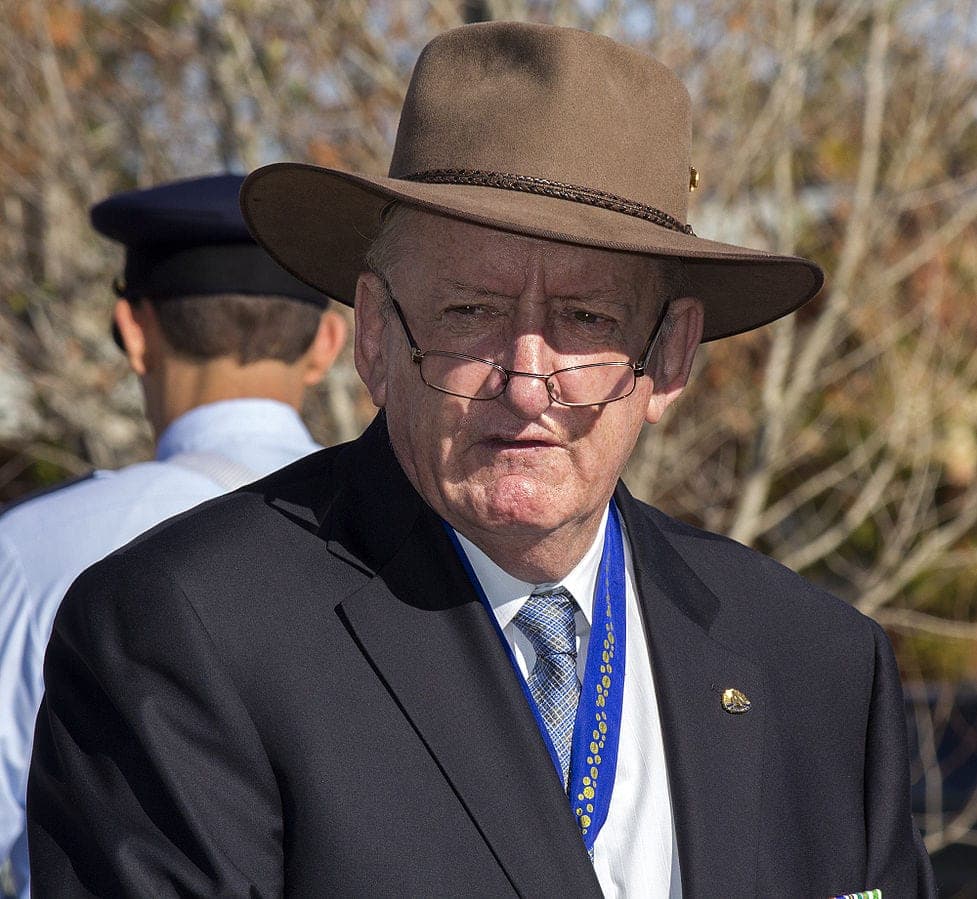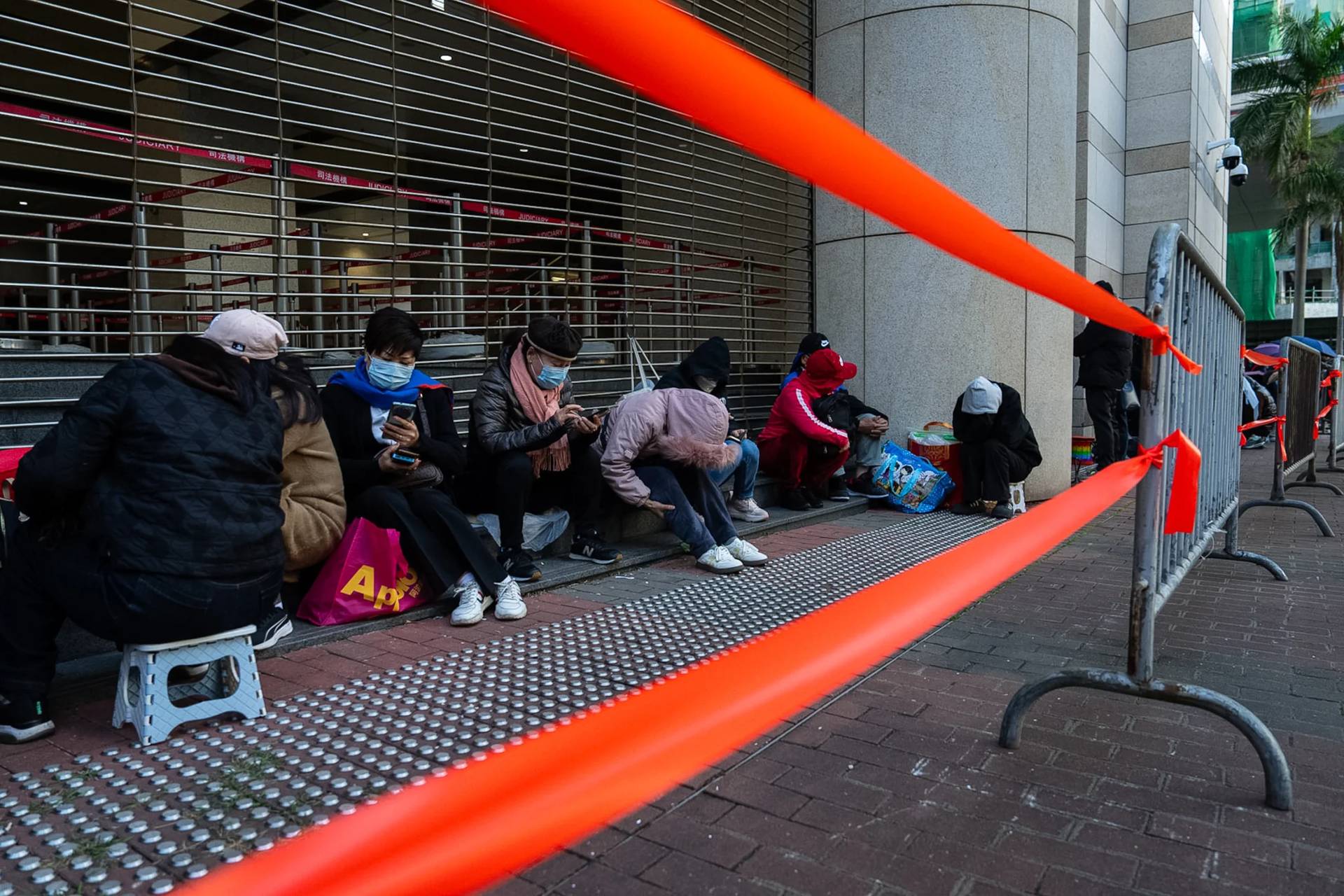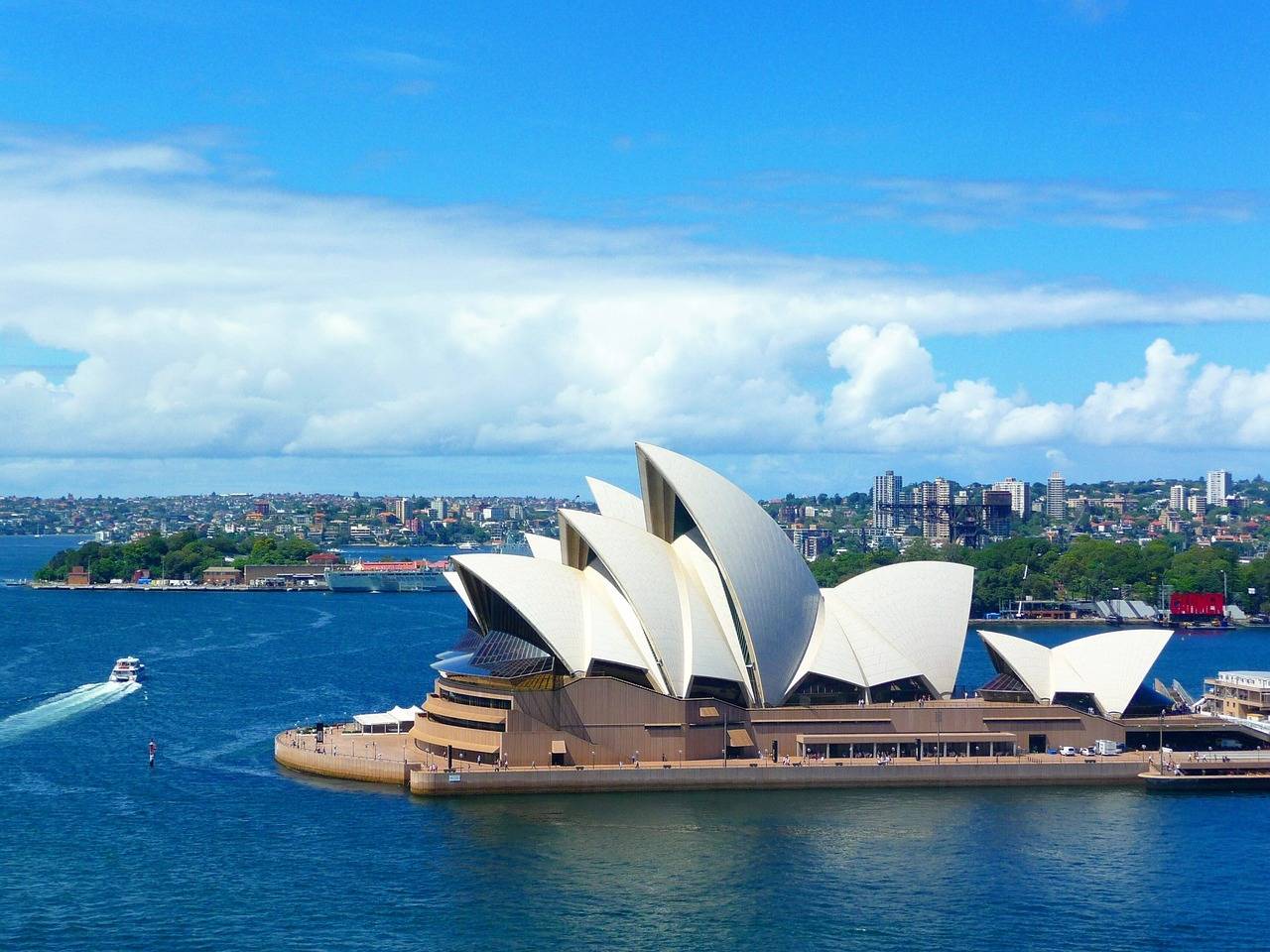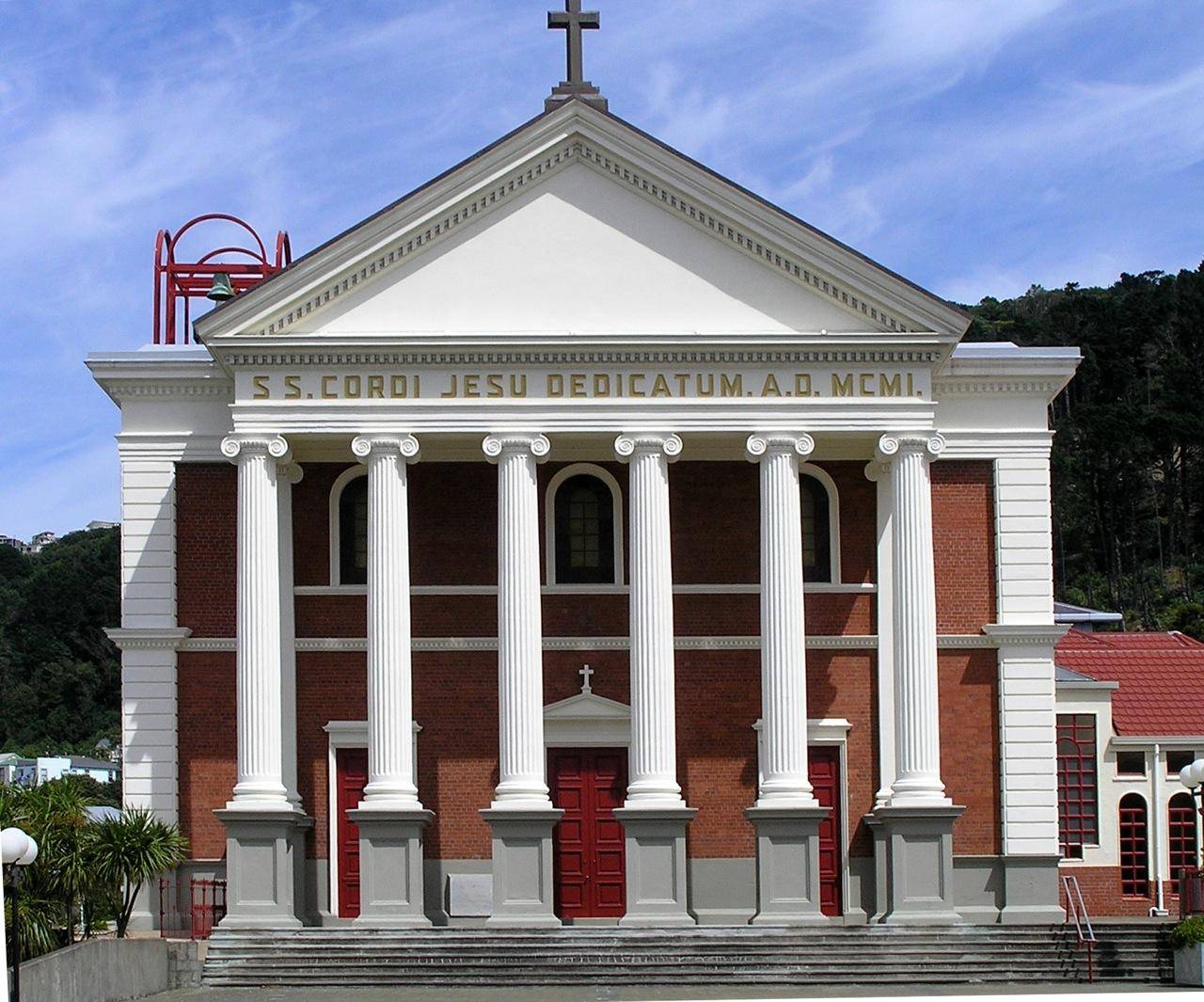The first time I met Tim Fischer, it was like being caught in a hurricane.
At the time, I was working at Vatican Radio, and Fischer was the newly appointed first-ever resident Australian Ambassador to the Holy See and was about to be interviewed by one of my colleagues.
Of course, it seemed like the interview had already started, because Fischer never stopped talking: About trains, about development, about Mother Teresa, about developing countries.
He regaled us for about 10 minutes, and then went to the studio, where he repeated the same stories for our listeners.
Fischer died on Thursday, at the age of 73.
He was appointed by the government at the end of Pope Benedict XVI’s visit to Australia in 2008 for World Youth Day. In all honesty, it seemed strange timing, since you would usually want a resident ambassador at the Vatican before a big papal trip, to help organize it. (Formerly, the Australian ambassador to the Vatican was the resident ambassador to another country, usually Ireland.)
In the staid world of Holy See diplomacy, Fischer was a unique character, never without his trademark Akubra hat: To be truthful, he seemed to me to be a bit of a madman.
Archbishop Mark Coleridge of Brisbane, president of the Australian Catholic Bishops’ Conference, probably put it better, calling Fischer on Thursday “a larger-than-life personality.”
Unlike most diplomats, Fischer never really stuck to set talking points. In fact, he rarely ever pushed Australian government police. Yes, he’d come to Vatican Radio to speak about some development funding or something similar, but end up talking about seed banks, or a tidbit of history he wanted to relate.
I admit, I didn’t know much about him, and assumed he was a “political appointee” – given the job as a favor by the prime minister for services performed for the party.
It wasn’t until later I found out he actually had served as deputy prime minister in the Liberal/National coalition (they are the “conservatives” in Australia) in the 1990s; despite this, he was appointed by Prime Minster Kevin Rudd, even though he was a member of the Australian Labour Party.
This is purely conjecture on my part, but I always thought this might have been why he didn’t always stick to government talking points.
This is not to say that Fischer was not a promoter of Australia at the Vatican; he worked tirelessly to see through the canonization of Mother Mary MacKillop, who became Australia’s first saint in 2010.
His love of the rails also played a role in his work at the Vatican, when he helped arrange in 2011 for a train to carry people to the 19th General Assembly of Caritas Internationalis in Umbria – leaving from the seldom used Vatican railway station. He wrote about it in a book published the next year, called Trains Unlimited.
Fischer left his post after three years, going home in 2012 in order to “slow down.”
The former ambassador was diagnosed with cancer last year, and the disease eventually took his life.
In his remarks about Fischer’s passing, Coleridge said he had been “a remarkable host and ‘ambassador’ for Church and country.”
“Tim was a man of many interests and with many talents, but those of us who have known him will remember most his warmth, his humanity and his strong conviction to pursue what is right,” the archbishop said.
“He was loved by all who met him, and we mourn his passing. But we also celebrate all that Tim gave to his family, his community, his Church and his country. May he rest in the peace of Christ.”
Fischer will be missed.
Follow Charles Collins on Twitter: @CharlesinRome
Crux is dedicated to smart, wired and independent reporting on the Vatican and worldwide Catholic Church. That kind of reporting doesn’t come cheap, and we need your support. You can help Crux by giving a small amount monthly, or with a onetime gift. Please remember, Crux is a for-profit organization, so contributions are not tax-deductible.














